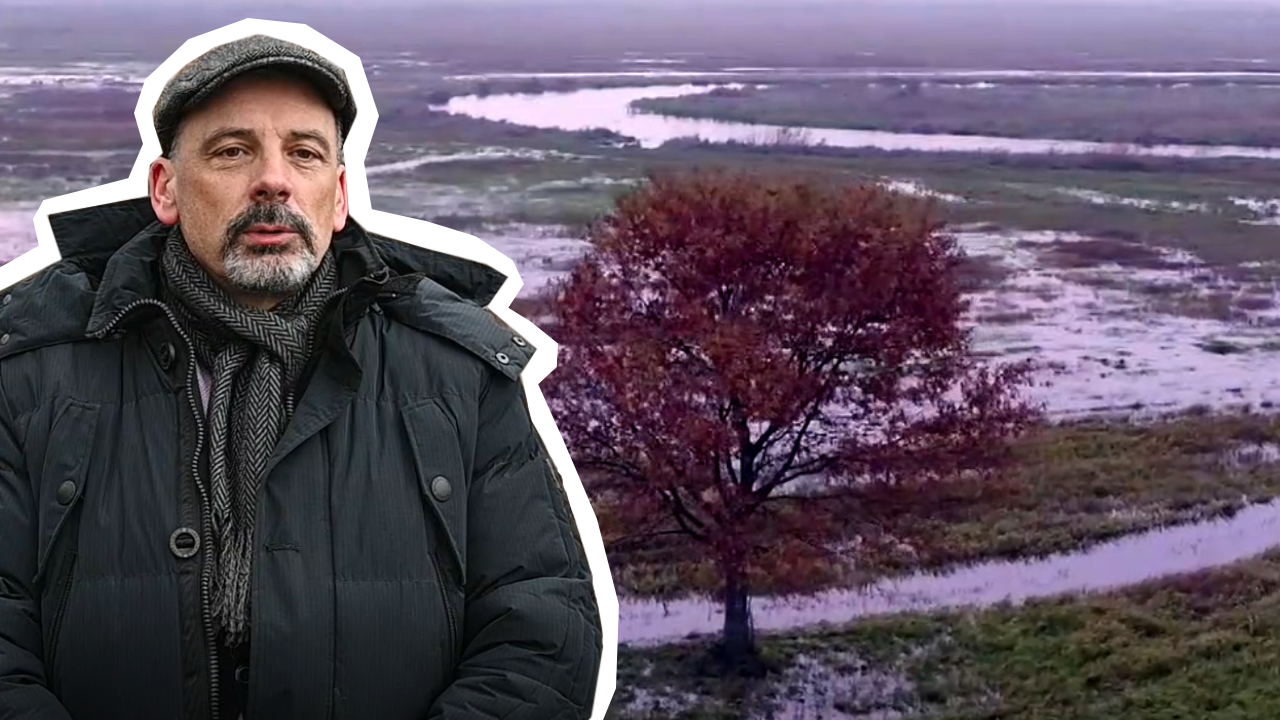World Wetland Day – Why are wetlands so important to preserve?
"Wetlands and Water" is this year’s theme for World Wetland Day. On this occasion, Prof. Tomasz Okruszko, one of the experts of the Advisory Team for Climate Crisis to the PAS President, explains why wetlands are so important to us. The 6th IAHR Europe Congress, co-organized by the Polish Academy of Sciences, the PAS Institute of Geophysics and the Warsaw University of Life Sciences, will be taking place shortly.

World Wetland Day is celebrated internationally each year on February 2. This day also commemorates the adoption of the Ramsar Convention on Wetlands of International Importance signed 50 years ago in Iran. The convention seeks to protect wetlands and waterflow habitats. Currently, the list of Ramsar wetlands includes over 2,400 sites around the world with 19 protected areas located in Poland.
Wetlands are transition zones between acquatic and terrestial environments, including areas of marsh, fen, peatland, inland or shallow marine waters. They are characterized by specific soil and vegetation, which are influenced by the constant presence of water.
Wetlands from an expert perspective
Why these areas are so important? Why do we need wetlands?
These questions are answered by Prof. Tomasz Okruszko (Warsaw University of Life Sciences) from the Advisory Team for Climate Crisis to the President of the Polish Academy of Sciences.
- The north-eastern parts of Poland, especially wetlands of Biebrza and Narew National Parks, are flagship examples of wetland protected areas valuable not only in Poland, but also in Europe. These relatively untouched fenlands are home to rare wetland birds and unique plant species. To sustain these natural resources for future generations we need to make sure that processes essential for the functioning of wetlands can still take place.
Prof. Tomasz Okruszko is a head of the Institute of Environmental Engineering at the Warsaw University of Life Sciences. For three terms he chaired the Scientific Council of the Biebrza National Park and served as a member of the scientific councils for the Narew National Park, Słowiński National Park and the Kampinos National Park. Currently, he is engaged in the works of the Advisory Team for Climate Crisis to the President of the Polish Academy of Sciences.
6th IAHR Europe Congress
The 6th IAHR Europe Congress, originally set to be held in Warsaw, will be held online from February 15 to February 18, 2021. The upcoming congress will be convened under the theme "Hydro-Environment Research and Engineering. No Frames, No Borders". It is the Europe’s premier water engineering congress, attracting several hundred hydrologists and water professionals from dozens of countries. The Congress will provide an outstanding opportunity for the scientists from around the world to present their latest research outcomes and discuss the most recent research trends and findings in the field of hydro-environment research and engineering, climate change, extreme water phenomena and natural hazards.
The congress is organized by the Polish Academy of Sciences, Warsaw University of Life Sciences (SGGW) and the Institute of Geophysics of the Polish Academy of Sciences. It will be held under the auspices of the International Association for Hydro-Environment Engineering and Research - IAHR.
